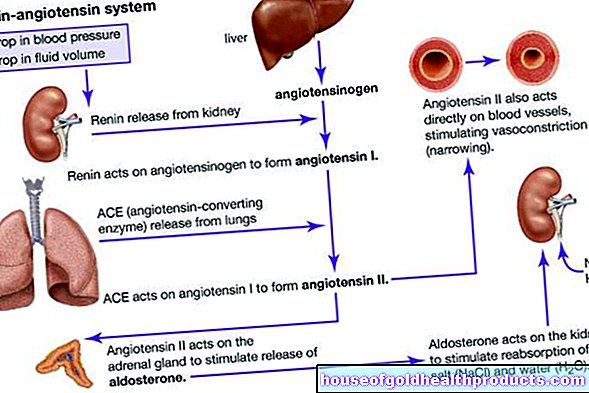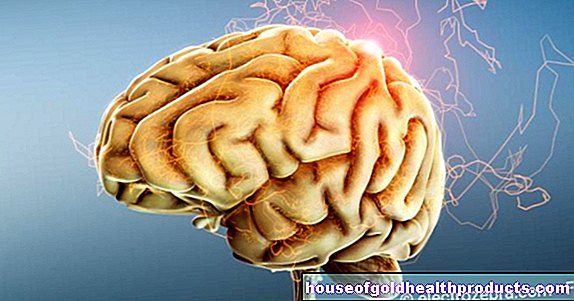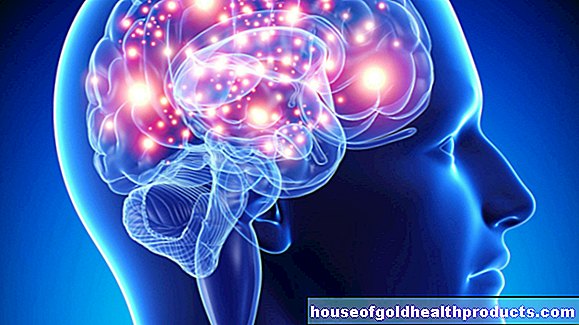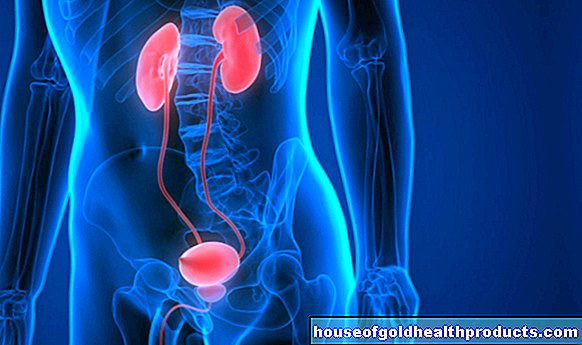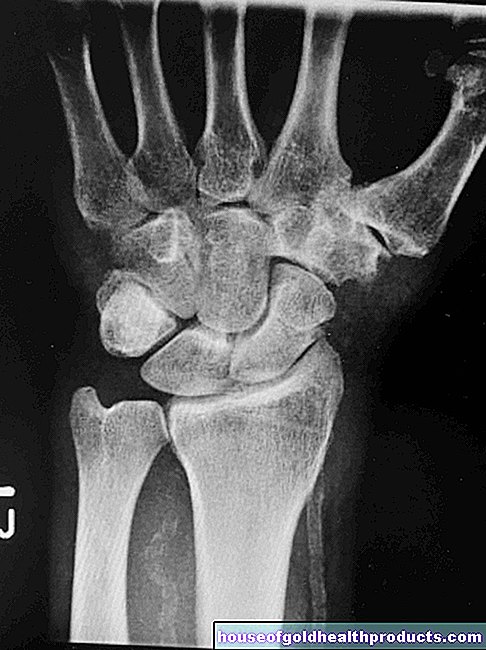Contraception: first hormone-free pill for men
Christiane Fux studied journalism and psychology in Hamburg. The experienced medical editor has been writing magazine articles, news and factual texts on all conceivable health topics since 2001. In addition to her work for, Christiane Fux is also active in prose. Her first crime novel was published in 2012, and she also writes, designs and publishes her own crime plays.
More posts by Christiane Fux All content is checked by medical journalists.Attempts to develop a male contraceptive pill have often failed. Similar to the pill for women, researchers had previously relied on a hormonal contraceptive strategy. It is supposed to block the sperm production or make the sperm inoperable.
But the side effects were too serious: They ranged from sexual aversion to long-term fertility restrictions and damage to the offspring. Australian researchers have now found a completely new starting point: They want to temporarily paralyze the transport of sperm.
Chemically paralyze pumping muscles
So that the little swimmers can make their way to the egg cell, they have to be pumped into the ejaculate by muscles. They receive the signal for the contraction via two proteins: α1A adrenoceptor and P2X1 purinoceptor. If you switch it off, the muscles remain inactive and the ejaculate remains sperm-free.
Libido and sperm quality remain unaffected
"We are committed to interrupting the transport of sperm instead of disrupting the development and maturation of the sperm," explains Ventura, head of the study from the Monash Institute of Pharmaceutical Sciences. The sperm would remain undamaged. Men’s libido and sexual activity would not suffer either.
The scientists have already shown in previous experiments with mice that the blockage reliably prevents fertilization. In doing so, they had genetically switched off the two proteins. Now the same effect should be achieved with an oral contraceptive.
Look for a chemical blockage
α1A adrenoceptor can already be blocked with a known active ingredient. Sab Ventura's researchers are now looking for a corresponding counterpart for the P2X1 purinoceptor. "With this non-hormonal approach, the sperm remain unaffected". Fertility will be fully restored as soon as you stop taking the medication.
"Even though we have effective birth control methods for women, there are still 80 million unwanted pregnancies each year," says Ventura. It is therefore evident that there is not a satisfactory option for everyone.
Hormonal contraceptives for women have side effects.
Hormonal contraception for women is still the most common and safest form of contraception. However, many women do without it. Because taking the pill is associated with health risks. In particular, the risk of thrombosis and thus of life-threatening pulmonary embolism increases. Other side effects are mood swings, reduced sexual desire, nausea, headaches, and pain and feelings of tension in the chest area.
Effective as a sexual enhancer?
Such side effects are not to be expected from the hormone-free pill for men. In addition to its contraceptive effect, it could also have a potency-promoting effect: "It dilates the blood vessels - and that is exactly what Viagra does," says Ventura. At the latest, this side effect could convince some people who are grumpy about contraception to take it.
The researchers expect to be able to bring the male pill to market in five to ten years.
Tags: unfulfilled wish to have children travel medicine Baby Child














